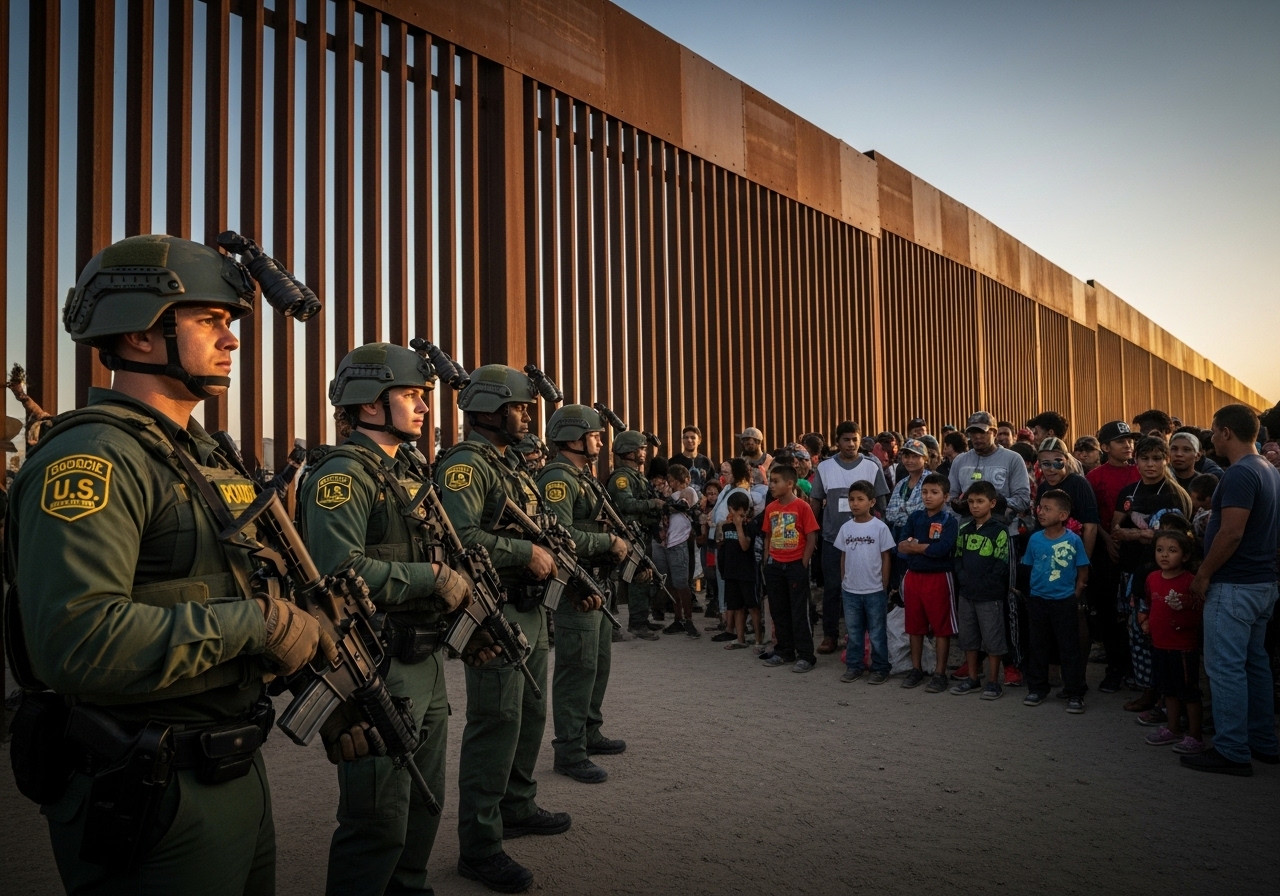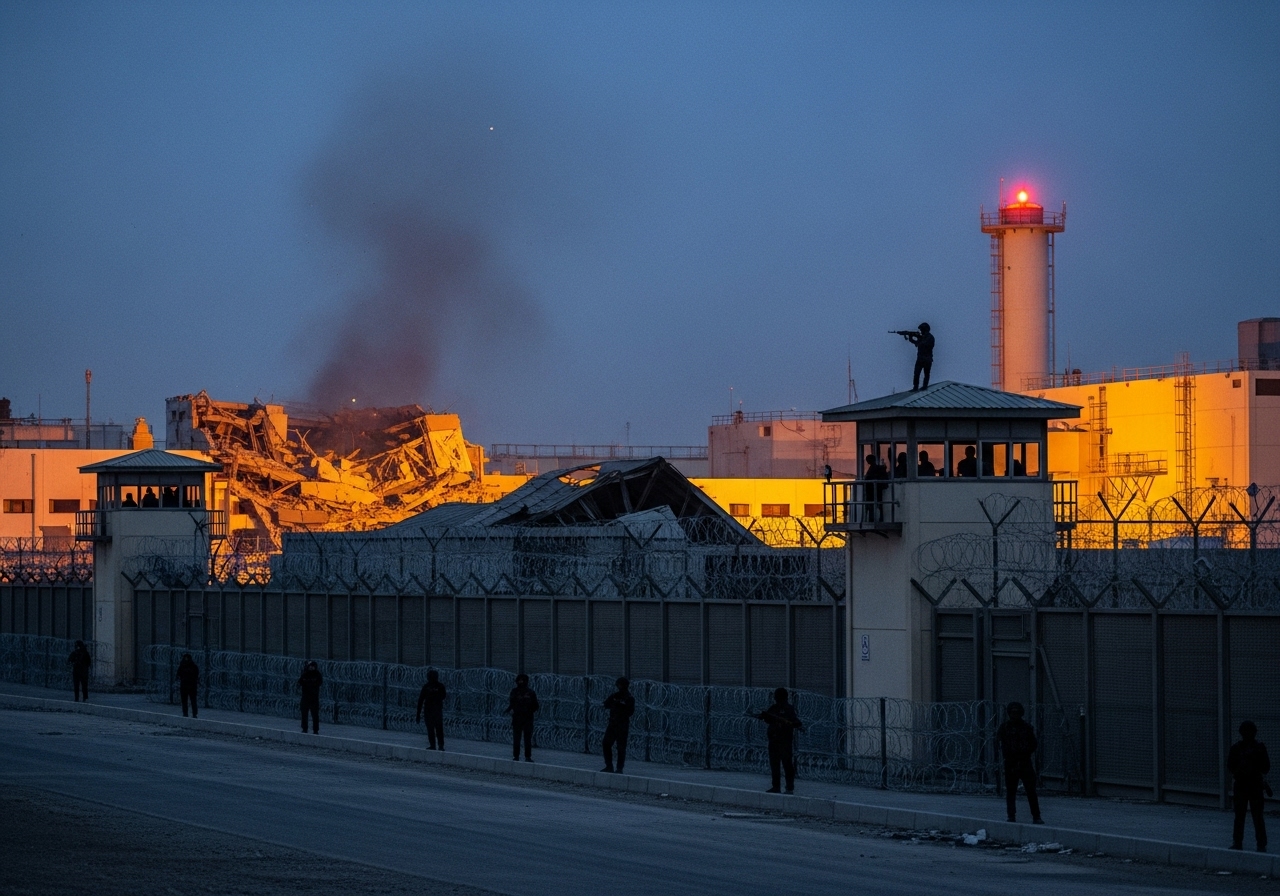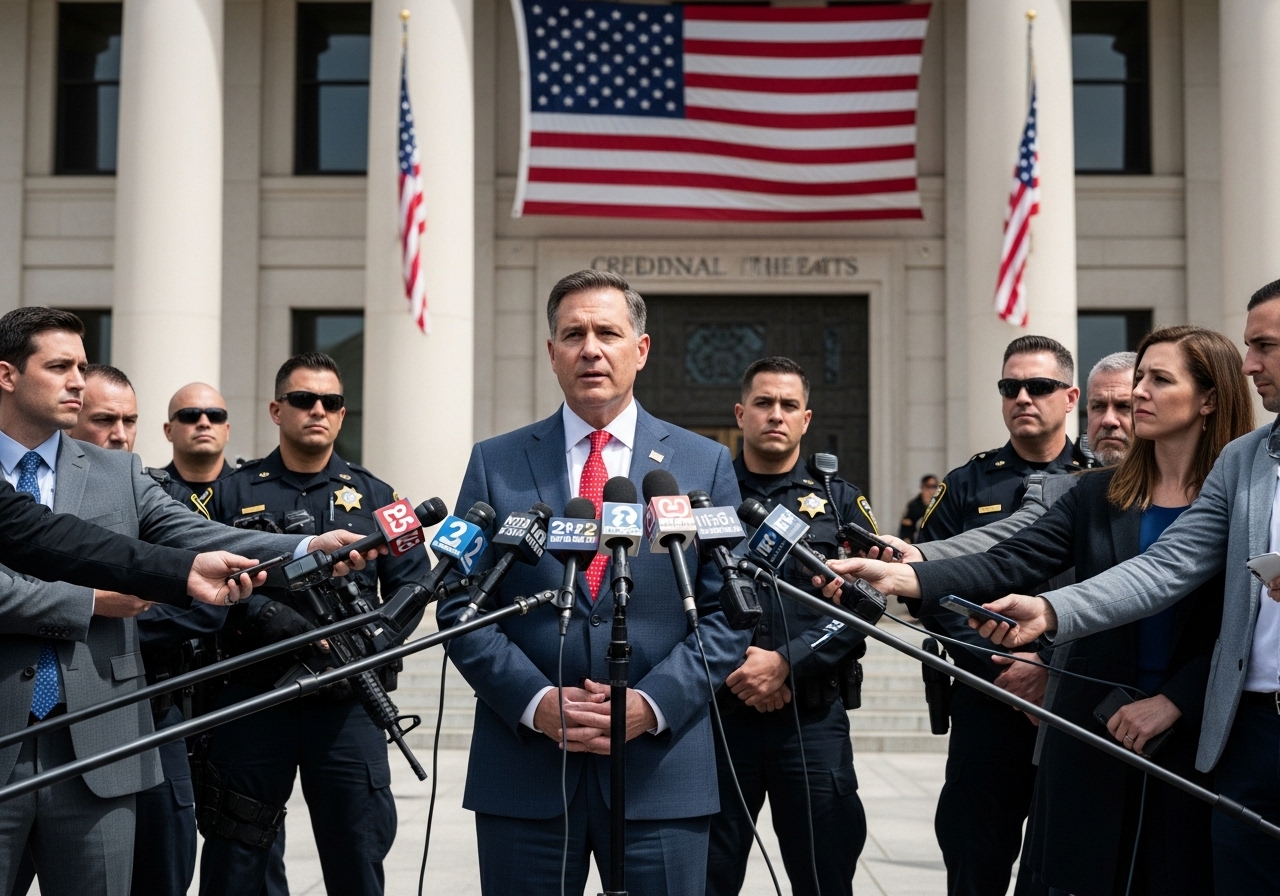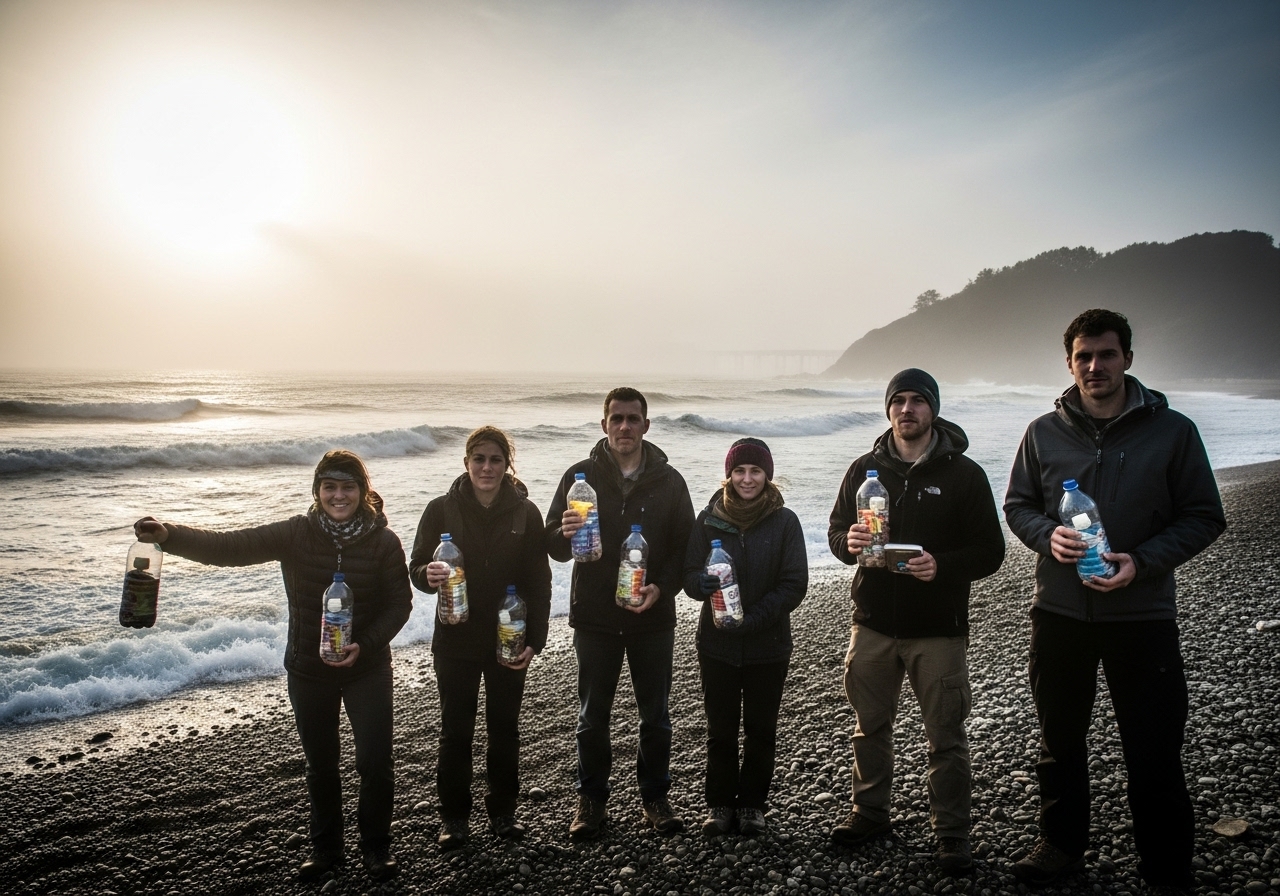Farmers along the southern border have been warning that the nation’s food security is jeopardized because breaches in the border wall have enabled migrants to trespass onto farmland and taint crops, according to Fox News.
Two Yuma, Arizona, farmers told the news source that the open border has caused a “food safety problem.”
According to the Department of Agriculture, Yuma delivers 90% of the country’s supply of green vegetables from November to March. Every year, the city produces approximately 9 billion green vegetable servings. However, local farmers say the border wall’s massive gaps endanger food production.
Former Arizona Governor Doug Ducey (R) sought to repair the wall by erecting shipping containers all along the border. The federal govt. filed a lawsuit against Arizona in response to the state’s conduct. The cargo containers were moved in early January, re-opening the gaps.
Migrant crossings in Yuma soared by 171% from 2021 to 2022, according to Border Protection data. Approximately 1 million migrants have breached Arizona’s border during Biden’s administration.
“Where the holes are opens up to additional agricultural ground for them to walk on,” Hank Auza, a Yuma farmer, told Fox.
“This is the worst humanitarian tragedy this country has ever seen,” Auza remarked. “And a portion of the country is delighted that it is taking place. I’m not sure why.”
When an unauthorized individual enters farmland, farmers are required to destroy crops in that region in case they are contaminated with diseases that can cause illness.
Auza recounted that another farmer was forced to destroy 10 acres of celery after a group of 30 migrants spent a week on the field. According to Auza, the farmer lost around $100,000 as a result.
“You’re now failing audits for food safety, and there’s not any insurance within the produce industry… So then you eat that,” Auza stated.
According to Alex Muller, President of Pasquinelli Produce Company, wide holes in the wall on the southern border have caused more migrants to trespass onto farms, which “hits the bottom line” and is “not beneficial to the country.”
“Obviously, there is a food safety risk because our fields are monitored, audited, and tested for various infections,” Muller explained. “If someone wanders into our field and we don’t know why, we put up flags and sort of mark it out, and we do not even harvest that.”





